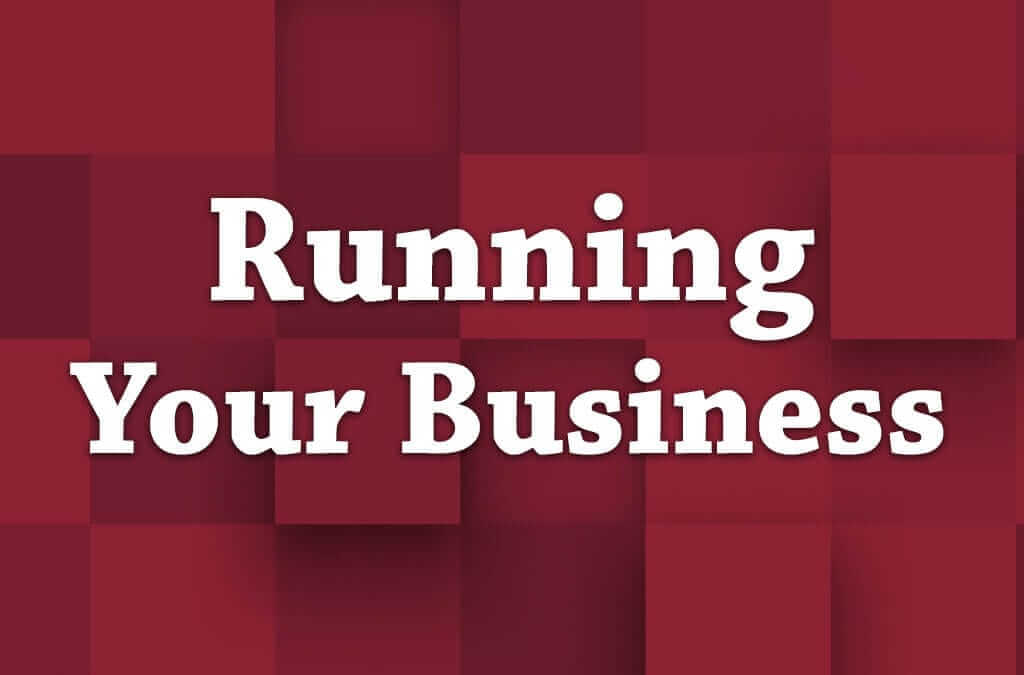When you build your company, you want people who share similar values on your team. Your employees shouldn't be exactly the same as you, but when you're all together, you should form a cohesive workforce. However, this can be hard to create if you don't hire the right people.
Ask the right questions
Candidates may look good on paper, but that doesn't mean that they'll fit in beyond their skill set with your business. Once you've decided that you want to meet them, one or two interviews are really all you have to get a feel for the person. While job applicants may be nervous to meet you, the person who is actually under pressure is you. The potential employees you meet with will most likely be giving you the answers they think you want to hear. You need to be able to sort through their responses and pick the ones that are truly being honest. You don't want to make a mistake and end up wasting valuable money from your business banking account.
When it comes down to the interview, you'll need to ask questions that will let you know how they'll interact with the rest of your staff and their workflow, Suzanne Lucas, a corporate human resources veteran, explained to Inc. Turn the information you provide them with into questions, such as, "We spend a lot of time working in teams. How do you feel about collaborating with others on projects?" or you can inform them that the hours people are in the office extend beyond the regular business hours. If they aren't willing to put in the effort, they may not be a good fit for your company. You also shouldn't be reluctant to inform them of any problems you're having in the office. If they're going to work in your business, you'll need to know that they can handle anything that comes their way. Candidates may be the ones to walk away after you offer them inside knowledge, which means you'll have more time to focus on suitable applicants.
Switch things up
Interviews are a necessary part of the hiring process. You're not going to make someone part of your company if you don't meet them face-to-face, either in person or via video conferencing. However, you should use this limited time to test their work ethics as opposed to focusing on their skills, according to Alan Lewis, owner of Grand Circle Travel, in the Harvard Business Review. You can easily see their work history, educational degrees and abilities on their resumes and cover letters. Instead, you want to see how they'll do in real-time situations.
Try using alternative interview methods, Lewis suggested. Instead of sitting in a room around a table, give them hands-on activities that will illustrate their ability to work in teams or think creatively. His company puts job applicants through a series of tests to see how they interact with one another, how fit the business's values and if stand out among the rest. Lewis and his hiring team evaluate candidates based on communication, risk-taking, speed, quality, teamwork and the ability to adapt. While skill sets are important, Lewis isn't afraid to hire someone who doesn't have ones to do the job. His belief is that you can always teach people new skills. You can't force them to fit into your company's culture.
Instead of focusing on candidate's experience, why not see if they can provide personality that's missing from your work environment. You may find someone without the necessary skills but a willingness to learn who will fit in much better than someone who can perform the job right away.

